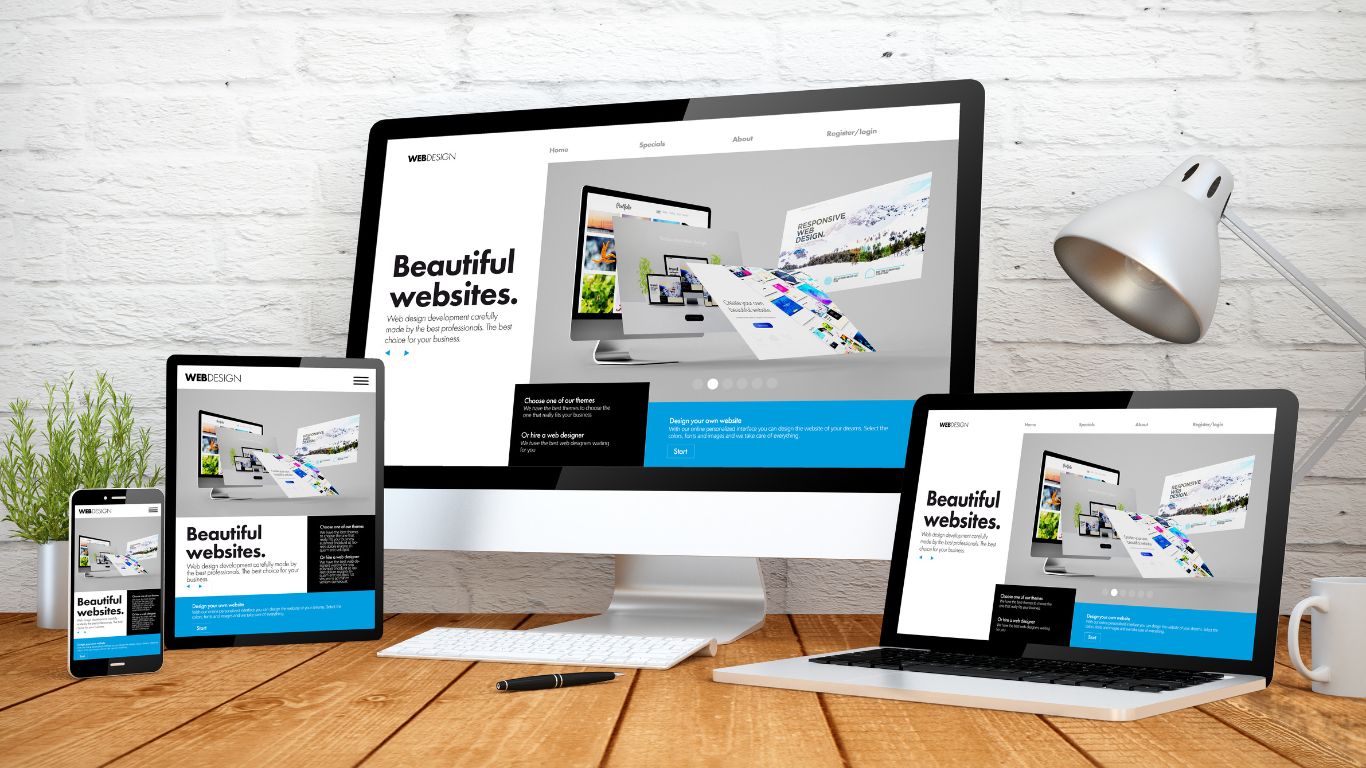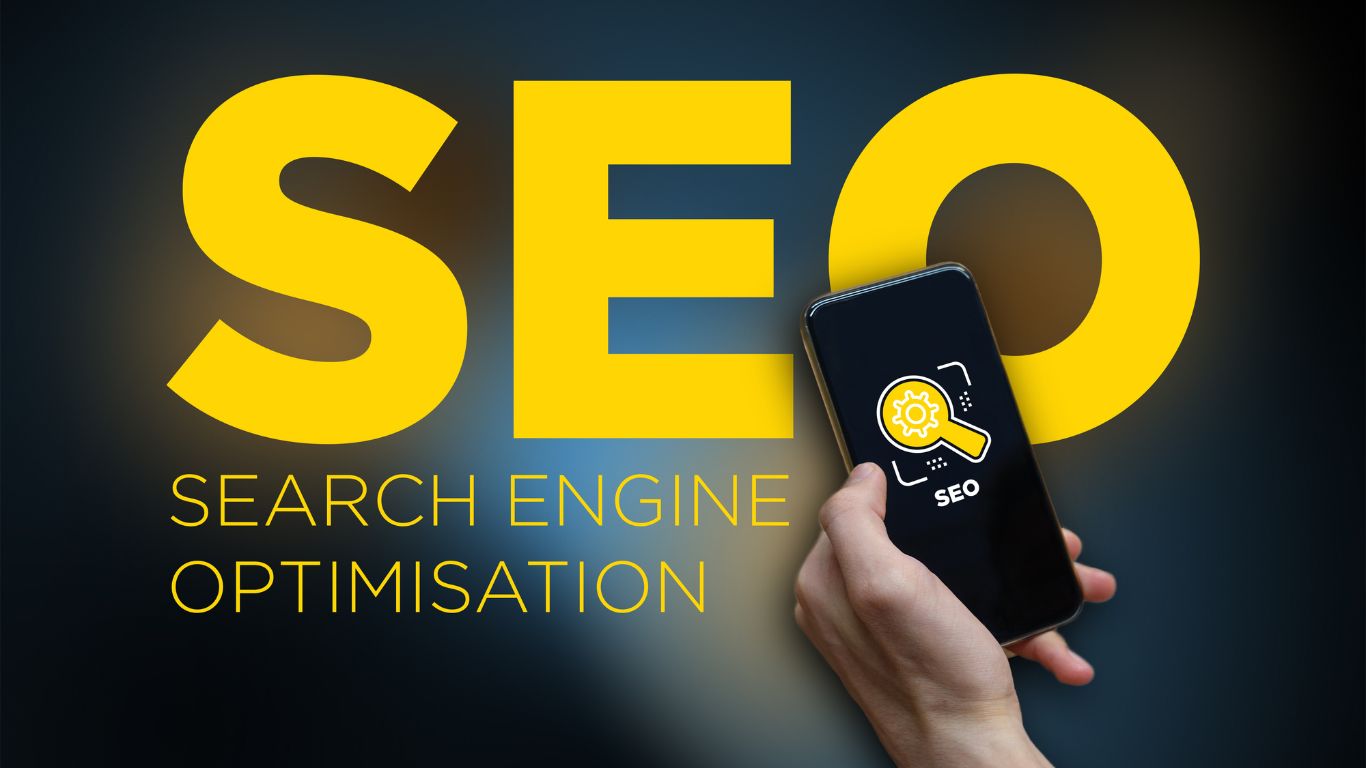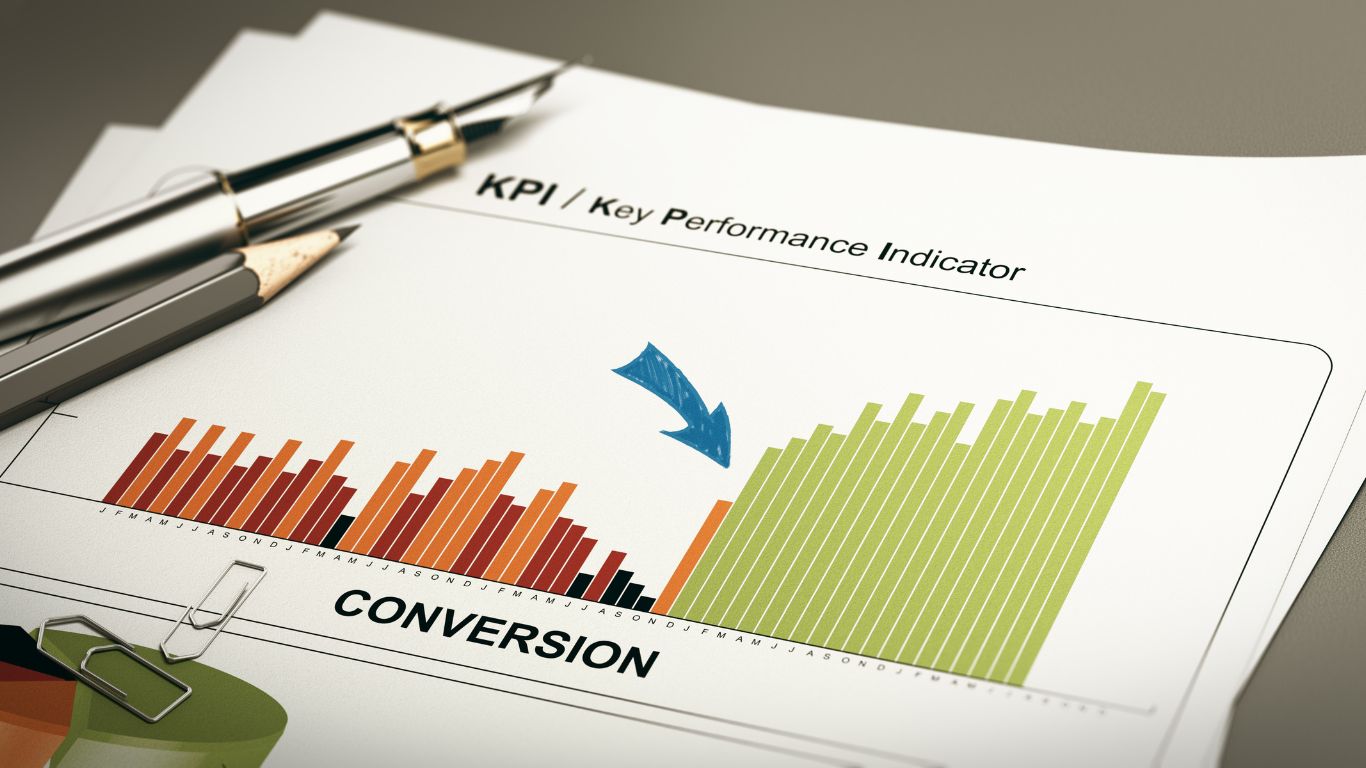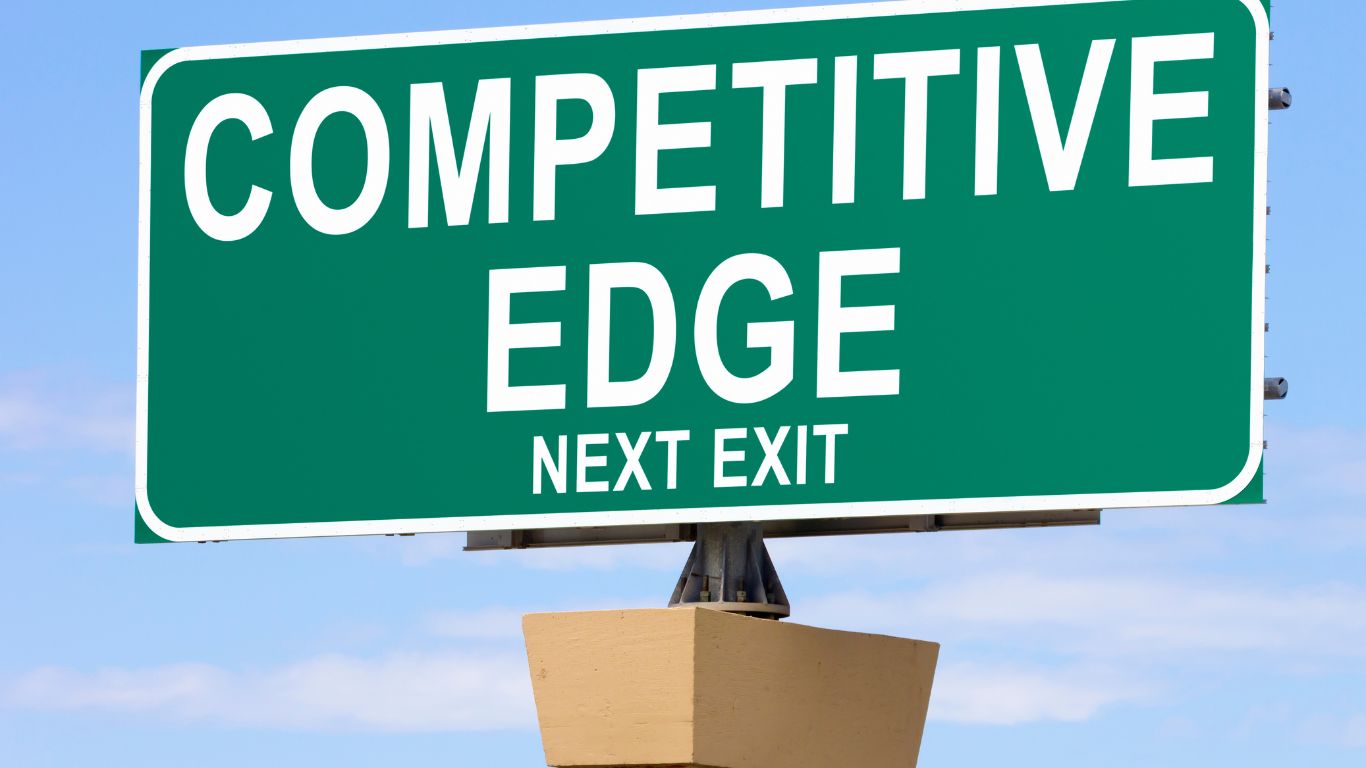10 Key Reasons to Opt for Website Redesign for Business Growth

In today’s digital landscape, a business’s website is the virtual storefront that greets potential customers. A well-designed website isn’t just about aesthetics; it’s a strategic tool that can drive business growth. This article explores ten compelling reasons why opting for a website redesign can pave the way for enhanced business success.
Introduction
The online presence of a business is more critical than ever before. In an era where users’ attention spans are fleeting, a modern website design becomes an essential factor in capturing and retaining visitors. However, a website redesign isn’t merely about a visual facelift; it’s a multidimensional approach that encompasses design, user experience, branding, and functionality.
The Importance of a Modern Website Redesign
In the competitive digital arena, a modern website design goes beyond visual appeal. It’s a statement of professionalism, reliability, and relevance. A visually engaging website creates an immediate positive impression, fostering trust among visitors. Users are more likely to explore and engage with a website that feels current and user-centric.
The Role of Website Redesign in Business Growth
A website redesign is a strategic move that aligns with a business’s growth objectives. It’s not a mere expense; it’s an investment with significant returns. A well-executed redesign can be the catalyst for driving traffic, increasing conversions, and ultimately boosting revenue.
Understanding Website Redesign
Defining Website Redesign and Its Scope
Website redesign isn’t confined to changing colors and layouts. It’s a holistic transformation that reimagines user journeys, navigational flow, and overall functionality. It addresses pain points that hinder user experience, ensuring that every interaction is seamless and rewarding.
Key Signs That Your Website Redesign is the Way Forward
High bounce rates, slow loading times, and outdated design are telltale signs that a website is due for a makeover. An efficient redesign can address these issues, creating a website that entices visitors to explore, engage, and convert.
Impact of Outdated Websites on Business
An outdated website can inadvertently harm a business’s online reputation and growth potential. Let’s delve into the consequences:
High Bounce Rates and User Experience
Slow-loading pages and convoluted navigation frustrate visitors, leading to high bounce rates. A redesign optimizes loading speeds and enhances navigation, reducing bounce rates and prolonging user sessions.
Negative Impression on Brand Image
An outdated website sends a message of stagnation and disregard for innovation. Visitors may associate an obsolete design with outdated products or services. A redesign breathes fresh life into the brand, conveying a commitment to staying current and meeting user expectations.
The Business Benefits of Website Redesign:
Enhanced User Experience through Effective Website Redesign

Importance of Intuitive Navigation
Navigating a website should be intuitive, guiding users seamlessly through different sections. A redesign focuses on decluttering menus, simplifying site architecture, and placing key elements where users expect them.
Responsive Design for Mobile Users
With mobile usage on the rise, a responsive design is non-negotiable. A redesign ensures that the website looks and functions flawlessly across various devices, creating a consistent experience that caters to all users.
Optimizing Page Load Speeds
In the digital age, speed matters. Slow-loading pages frustrate users and lead to abandonment. A redesign addresses technical aspects that impact load times, creating a smooth and swift browsing experience.
Improved Brand Identity
Consistency is key to brand identity. A redesign aligns the website’s visual elements with the brand’s aesthetics, reinforcing brand recognition and reinforcing a cohesive image.
Website Redesign Search Engine Optimization (SEO)

Implementing SEO Best Practices
SEO is crucial for visibility. A redesign incorporates SEO strategies from the ground up, ensuring that the website ranks well on search engine results pages.
Leveraging SEO-Friendly URLs and Structure
User-friendly URLs aid navigation and search engine crawling. A redesign optimizes URLs for clarity and relevancy, contributing to a more organized site structure.
Integrating Relevant Keywords and Meta Tags
Keywords and meta tags enhance discoverability. A redesign includes relevant keywords and well-crafted meta tags to improve search engine visibility.
Enhance Conversion Rates through Website Redesign

Designing Clear Call-to-Action (CTA) Elements
Effective CTAs are a driving force behind conversions. A redesign strategically places prominent CTAs that guide users toward desired actions, such as signing up or making a purchase.
Streamlining the Checkout Process
For e-commerce businesses, a seamless checkout process is pivotal. A redesign simplifies the checkout steps, reducing friction and minimizing cart abandonment rates.
Building Trust with Testimonials and Reviews
Trust is a cornerstone of conversions. A redesign highlights customer testimonials and reviews, showcasing positive experiences and building credibility.
Gaining a Competitive Edge with Website Redesign

Analyzing Competitor Websites
Staying competitive requires understanding the landscape. A redesign involves analyzing competitor websites to identify trends, strengths, and weaknesses, leading to informed design decisions.
Incorporating Innovative Features and Design Trends
Innovation captivates users. A redesign incorporates cutting-edge features, design trends, and interactive elements that differentiate the website and offer unique value to visitors.
Staying Ahead in the Digital Landscape
Digital evolution is relentless. A redesign positions a business as an industry frontrunner, embracing emerging technologies and trends to maintain relevance.
Embracing Changing Technology with Website Redesign

Integrating New and Upcoming Technologies
Embracing technology is essential for progress. A redesign integrates emerging technologies such as chatbots, AI-powered search, or voice search capabilities to enhance user experience.
Compatibility with Different Browsers and Devices
Diverse user habits demand compatibility. A redesign ensures the website functions seamlessly across various browsers and devices, leaving no user behind.
Future-Proofing Your Website
Anticipating change is wise. A redesign future-proofs the website by embracing adaptable frameworks and structures that can accommodate evolving technologies.
Showcasing Products and Services through Website Redesign

Highlighting Key Offerings on the Homepage
The homepage is the digital storefront’s showcase. A redesign strategically places key products or services, enticing visitors with what the business excels at.
Creating Engaging Product/Service Pages
Information-rich pages convert visitors into customers. A redesign crafts engaging product or service pages that provide comprehensive details, addressing potential buyer queries.
Utilizing High-Quality Imagery and Descriptions
Visuals tell a story. A redesign incorporates high-quality images that showcase products or services, accompanied by persuasive descriptions that communicate value.
Enhanced Content Strategy via Website Redesign

Incorporating a Blog Section for Fresh Content
Fresh content fuels engagement. A redesign includes a blog section that delivers regular, valuable content, driving organic traffic and positioning the business as an authority.
Integrating Videos, Infographics, and Interactive Elements
Interactive content enhances engagement. A redesign introduces videos, infographics, and interactive elements that provide diverse ways for users to absorb information.
Maximizing Engagement and Value for Visitors
Engagement leads to loyalty. A redesign’s content strategy focuses on delivering valuable insights, solutions, and entertainment that keep visitors coming back.
Building Trust and Credibility through Website Redesign

Adding Client Testimonials and Success Stories
Social proof influences decisions. A redesign highlights client testimonials and success stories, assuring potential customers of the business’s ability to deliver.
Showcasing Awards and Recognitions
Achievements boost credibility. A redesign proudly displays awards, certifications, and industry recognitions that reinforce the business’s expertise.
Providing Clear Contact Information
Accessibility builds trust. A redesign prominently displays contact information, reassuring visitors that they can easily connect with the business.
Igniting Possibilities with Data-Driven Website Redesign

Integrating Analytics Tools for Tracking User Behavior
Data informs decisions. A redesign incorporates analytics tools that track user behavior, providing valuable insights for ongoing optimization.
Making Informed Decisions Based on Data
Data-driven decisions yield better outcomes. A redesign uses analytics data to inform iterative improvements, ensuring that changes are strategic and effective.
Iterative Improvements for Ongoing Growth
Growth is a continuous process. A redesign sets the stage for ongoing improvements, based on data analysis and user feedback, fostering perpetual growth.
Conclusion
In the dynamic digital landscape, a website redesign isn’t a one-time event but an ongoing strategy for business advancement. The multitude of benefits it brings, from enhanced user experience and SEO optimization to competitive edge and customer trust, solidify its role in driving business growth. Embracing a website redesign isn’t just a choice; it’s a pivotal step toward ensuring a business thrives in the ever-evolving online world.
Remember, the decision to embark on a website redesign should be well-informed, considering the unique needs of your business and your target audience. With careful planning and execution, a successful redesign can indeed be a powerful catalyst for business growth.

